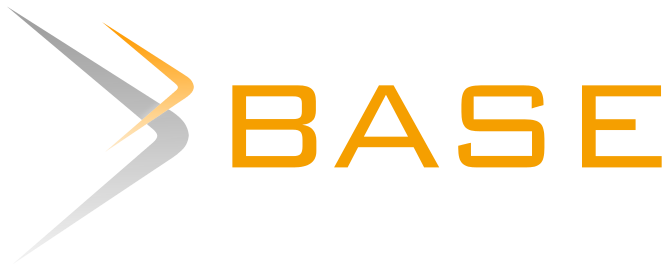Bridging soft skills and work readiness: The strategic role of self-efficacy and organizational experience in final-year students
DOI:
https://doi.org/10.52300/jsm.v14i1.22235Keywords:
job readiness, organizational experience, self-efficacy, soft skills, university studentsAbstract
In today’s increasingly dynamic labor market, final-year university students are required to possess more than just academic achievements to ensure a successful transition into the workforce. However, recent observations indicate that many students are inadequately prepared, with limited experience and underdeveloped soft skills. This study aims to examine the influence of soft skills and organizational experience on the work readiness of final-year students at the University of Palangka Raya, with self-efficacy as a mediating variable. Utilizing a quantitative explanatory approach, the study involved 100 final-year students selected through purposive sampling. Data were collected via closed-ended questionnaires and analyzed using Partial Least Squares Structural Equation Modeling (PLS-SEM) with SmartPLS 4.0. The findings reveal that both soft skills and organizational experience have a positive and significant effect on self-efficacy. However, neither of these variables has a direct significant effect on job readiness. Instead, self-efficacy plays a crucial mediating role, significantly linking soft skills and organizational experience to job readiness. This indicates that confidence in one's ability is a central factor in preparing students for employment. Based on these findings, it is recommended that universities strengthen experiential learning and soft skills development programs, with a particular emphasis on enhancing students’ self-efficacy. Integrating training, mentoring, and real-world experiences into academic curricula can improve students’ transition into professional environments and better align graduate competencies with labor market demands.
Downloads
References
Astuti, Y., & Wulandari, R. (2023). Soft skills development in higher education. Journal of Education and Human Development, 12(1), 45–53.
Bertus, A., Elvi, F., & Giovanni, J. (2023). Organizational culture and job satisfaction affect teacher performance at Keling Kumang Sekadau Vocational School. Jurnal Ekonomi, 12(3), 1850-1854.
Chotimah, R., & Suryani, D. (2020). Dimensions of self-efficacy and student readiness for employment. Jurnal Psikologi Pendidikan, 14(2), 101–110.
Dewi, M., & Astuti, N. (2022). The mediating role of self-efficacy in soft skill training. Jurnal Pendidikan Vokasi, 10(1), 88–95.
Ghozali, I., & Latan, H. (2021). Partial Least Squares: Concepts, Techniques, and Applications Using SmartPLS 4.0. Semarang: Diponegoro University Press.
Hair, J. F., Hult, G. T. M., Ringle, C. M., & Sarstedt, M. (2021). A Primer on Partial Least Squares Structural Equation Modeling (PLS-SEM) (3rd ed.). Sage Publications.
Nugroho, R. A., & Prasetya, Y. (2023). The effect of organizational experience on self-efficacy and work readiness. Jurnal Manajemen dan Bisnis, 9(2), 55–66.
Putri, S. M., & Santoso, H. (2021). Self-efficacy and student employability: A structural model. Journal of Career Development, 7(3), 210–221.
Rahman, A., & Utami, S. (2021). Quantitative approaches in management research. Jurnal Ilmu Sosial dan Humaniora, 10(1), 67–76.
Wiliantara, T. (2021). Pelatihan sebagai pemicu kedisiplinan karyawan survey pada karyawan CU Lantang Tipo KC Balai Berkuak. Jurnal Manajemen Sains dan Organisasi, 2(3).
Wulandari, D., & Hidayat, A. (2023). Self-efficacy as a predictor of career readiness. Indonesian Journal of Educational Psychology, 5(1), 22–30.
Yusuf, R., & Hartati, S. (2024). Enhancing job readiness through self-efficacy: A student-based study. Jurnal Sains Manajemen, 13(1), 39–46.


